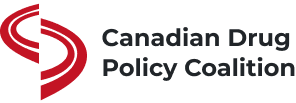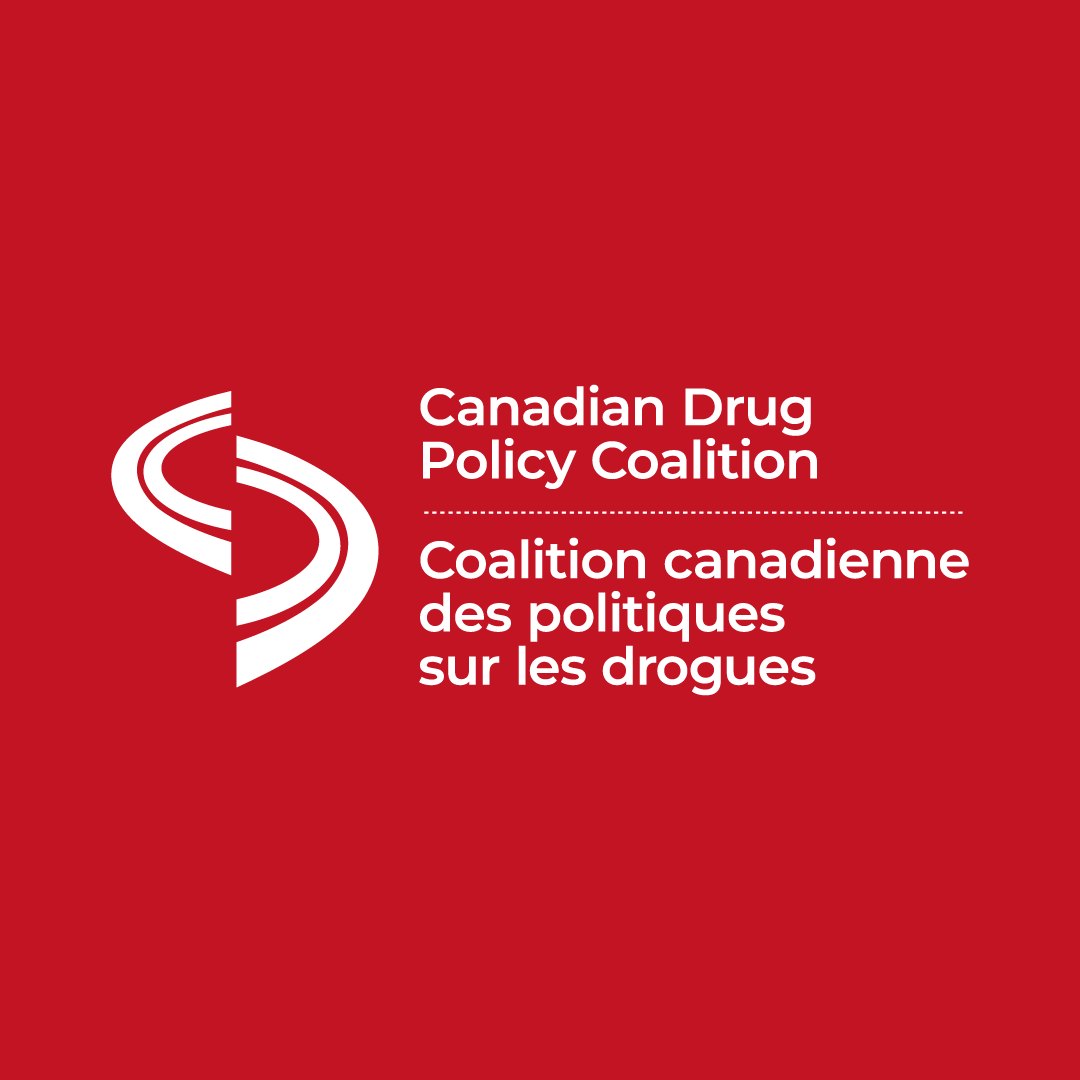Vancouver, BC | October 27, 2023 —
Advocates, community organizations and concerned members of the public across the country are adding their names to an open letter condemning the October 25 arrests of members of the Drug User Liberation Front (DULF).
Please see below for our response to the criminalization of the Drug User Liberation Front’s heroin, cocaine and methamphetamine compassion club in Vancouver, and view the live document which will be updated continuously with new signatories.
Media are invited to contact organizations listed among the signatories directly for comment.
Canadian Drug Policy Media Contact: [email protected]
RE: Vancouver Police Press Release, “VPD executes search warrants in Downtown Eastside drug investigation”
To:
Vancouver Police Department
City of Vancouver, and
Province of British Columbia:
The signatories of this letter condemn the criminalization of community-regulated safe drug supply distribution in Vancouver on October 25, 2023, executed through search warrants, arrests and interrogations by Vancouver Police Department.
Unregulated drug toxicity is the leading cause of death in BC for persons aged 10 to 59, accounting for more deaths than homicides, suicides, accidents and natural diseases combined. In this urgent context, the Drug User Liberation Front (DULF) operates a compassion club to save lives and reduce the harms of the unregulated drug market.
DULF has been public about its activities since its first safe supply action on April 14, 2021. Its second action in July 2021 was conducted in plain sight of a Vancouver Police Department station with officers in attendance. In 2022, the City of Vancouver issued a business license to DULF. That year, the Province of BC initiated a $200,000 grant through Vancouver Coastal Health to help cover DULF’s overhead costs.
DULF was transparent in its application for a Controlled Drugs and Substances Act exemption to the Government of Canada, publishing both its application and the Government’s denial of the exemption for public examination.
DULF has conducted formal evaluation of its compassion club in partnership with qualified researchers at the BC Centre on Substance Use (BCCSU). The data show the program is keeping people alive and in better health, with lower reliance on criminal activity. The removal of funding not only hinders DULF’s compassion club, it closes down a critical overdose prevention site – an outcome with legal precedent to be reversed.
The statement issued by Vancouver Police on October 26, 2023 is an apparent attempt to distance governments and police from the active and passive roles that each have played in DULF’s activities while political backlash builds against safe supply more broadly.
International reporting on DULF includes articles in Time Magazine and The Guardian. It is inconceivable that any institution operating in drug policy or enforcement could have remained unaware that DULF operates a compassion club.
If political institutions took issue with DULF’s activities, carried out with a clear aim to minimize harms to its community while more than 2,000 people are killed each year in BC by policy inaction, they had ample opportunity to respond when DULF distributed regulated drugs in front of a Vancouver Police station in 2021, requested a business license from the City of Vancouver, and approached Vancouver Coastal Health for funding.
Given the transparency with which DULF has operated, it is fair to conclude that these institutions are disingenuously betraying people who are at risk of death while a seven-year unmitigated public health emergency persists.
In solidarity with DULF, the signatories of this letter demand that Vancouver Police, the City of Vancouver, and the Province of BC:
- Immediately cease criminalizing community-regulated safe supply in BC;
- Restore DULF funding cut by Vancouver Coastal Health;
- Formalize a commitment to create a framework to uphold and protect community-regulated safe supply in BC.
To view the growing live list of signatories, including individuals, click here.
MEDIA: Please engage organizations directly from the list below.
Signed:
National Organizations
Canadian Association of People Who Use Drugs
Canadian Students for Sensible Drug Policy
Canadian Drug Policy Coalition
CATIE: Canada’s Source for HIV and Hepatitis C Information
Drug Policy Alliance (USA)
EACH+EVERY: Businesses for Harm Reduction
Harm Reduction Nurses Association
HIV Legal Network
International Network of People who Use Drugs
Moms Stop The Harm
Regional Organizations
4B Harm Reduction Society, Edmonton, AB
Alberta Alliance Who Educate and Advocate Responsibly, AB
Bonfire Counselling, Vancouver, BC
Canadian Students for Sensible Drug Policy – Vancouver, Vancouver, BC
Canadian Students for Sensible Drug Policy – Calgary, Calgary, AB
Coalition of Substance Users of the North (CSUN), Lhtako Dene Nation, BC
Corporación ATS / Echele Cabeza, Colombia
Disability Arts & Activism Archive, BC
Harrogate Psychological Services, Edmonton, AB
HIV & AIDS Legal Clinic Ontario (HALCO), ON
Kootenay Independent Safe Supply Society, Nelson, BC
Kootenay Insurrection for Safe Supply, Nelson, BC
Kykeon Analytics Ltd, Victoria, BC
Langley Community Action Team: We All Play a ROLE, Langley, BC
Medicine Hat Drug Coalition, Medicine Hat, AB
Metzineres – Refuge Environments for Drug Users, Barcelona, Spain
PAN, Vancouver, BC
Sure Shot Harm Reduction, Ottawa, ON
People For Reproductive Rights and Freedoms, Edmonton, AB
Pivot Legal Society, Vancouver, BC
Prairie Harm Reduction, Saskatoon, SK
Project SAFE, Philadelphia, USA
REMA Feminist & Antiprohibitionist Network, Spain
Ryan’s Hope, Barrie, ON
SafeLink Alberta, AB
SAFER Victoria, Victoria, BC
Solid Outreach Society, Victoria, BC
Student Overdose Prevention and Education Network, Hamilton, ON
The POUNDS Project, Prince George, BC
Toronto Overdose Prevention Society, Toronto, ON
Tri-Cities Community Action Team, Tri-Cities, BC
United For Change Edmonton, Edmonton, AB
Vancouver Community Action Team, Vancouver, BC
We Care Substance Use Resource Society, BC
Workers for Ethical Substance Use Policy, Vancouver, BC
Whistler Community Services Society, Whistler, BC
WILD collaborative harm reduction association, Vancouver Island, BC
Your Journey, Airdrie, AB
Youth RISE, Edmonton, AB
-30-










